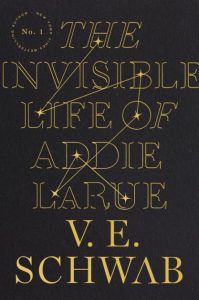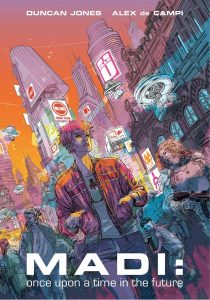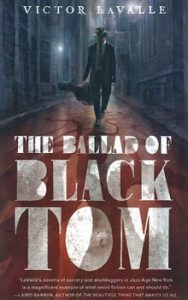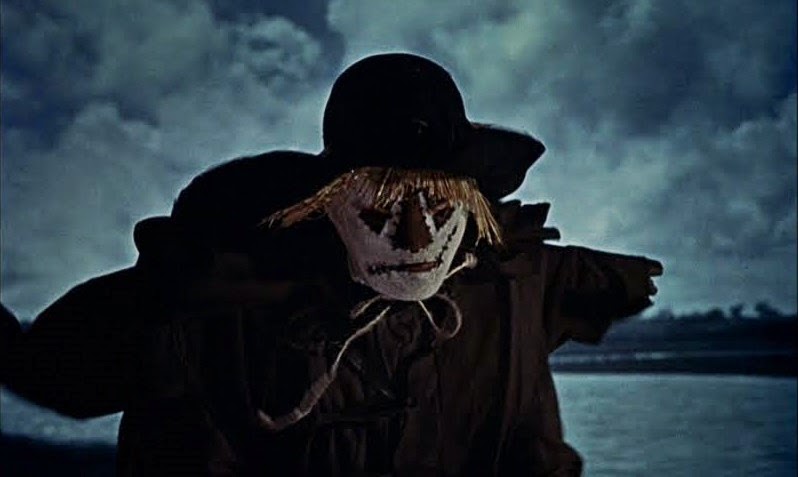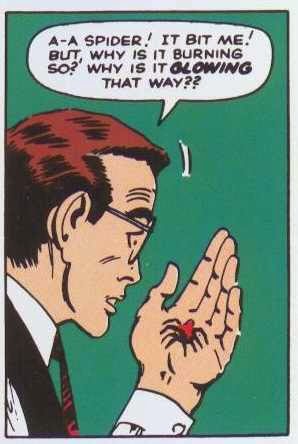I’m not going to lie. This has been a very stressful year for me. It’s basically been eight months of construction all around my home. Random noise. Random activity. Random changes that’ve spilled over onto my home. My productivity’s way down, and it’s been very hard to relax.
What this means (among other things) is I didn’t read a lot this year. No where near my usual. Not even two dozen books. And six of those were blurb books. So while I enjoyed most of them, reading them did have a slight “work” aspect to it that kept me from sinking in as much as I normally might. Always a good sign when I’m reading a book for a blurb and forget why I’m reading it because it’s just that good…
Anyway, it’s Cyber-Monday and, look, if you like artists, they usually get to make a lot more art when they have money. And then they tend to get money when people buy their art. So I thought—as I have in the past—I’d tell you about some of the books I really enjoyed this year. If you follow me on social media, you may’ve seen me blab on about some of these during the past year. And maybe now you can add them to your holiday wishlist or maybe pick one up for that certain special someone. Then you (or they) get some cool stories, those artists get some money, and the cycle can continue.
(also, shop locally if you can–that way money goes to you friendly neighborhood bookstore and back into your community)
Hellraiser: Bloodline by Peter Atkins– you may be familiar with the infamous “Hellraiser in Space” movie. What you may not know is it had a seriously fantastic script that was butchered by, well, all the usual suspects. Now you can read the original story and imagine the movie that should’ve been. Highly recommended for Hellraiser fans.

The Murderbot Diaries by Martha Wells– I didn’t get to read much this year, but I managed to catch up on all the fantastic Murderbot books, about the rogue SecUnit that’s (grudgingly) learning about emotions and friendship and multi-seasonal soap operas. And then a new book came out, like, two weeks ago (System Collapse) and now I’m behind again. But you can learn from my mistakes. Buy someone the whole set so they can read them all at once.
Shakedown by Scott Sigler – I got to read this one early and it’s one of those books where I have to just say I’m jealous as hell and I can’t wait for the next one. Basically it’s about an officer in a future war sentenced (wrongly?) to serve on a… prison ship? Experimental ship? Cursed ship? Who can say what it is. If you like military thrillers, this is for you. Sub hunts? This is for you. Sci-fi with a creepy edge? SO for you.
Walking the Dusk by Mike Robinson– this is another book I got to blurb this year, and another wonderfully creepy one. There’s just this fantastic sense of dread all through this tale of a college professor trying to remember one childhood summer with his big sister and his possibly imaginary friend, along with lots of pondering about identity vs memory, a personal favorite of mine.
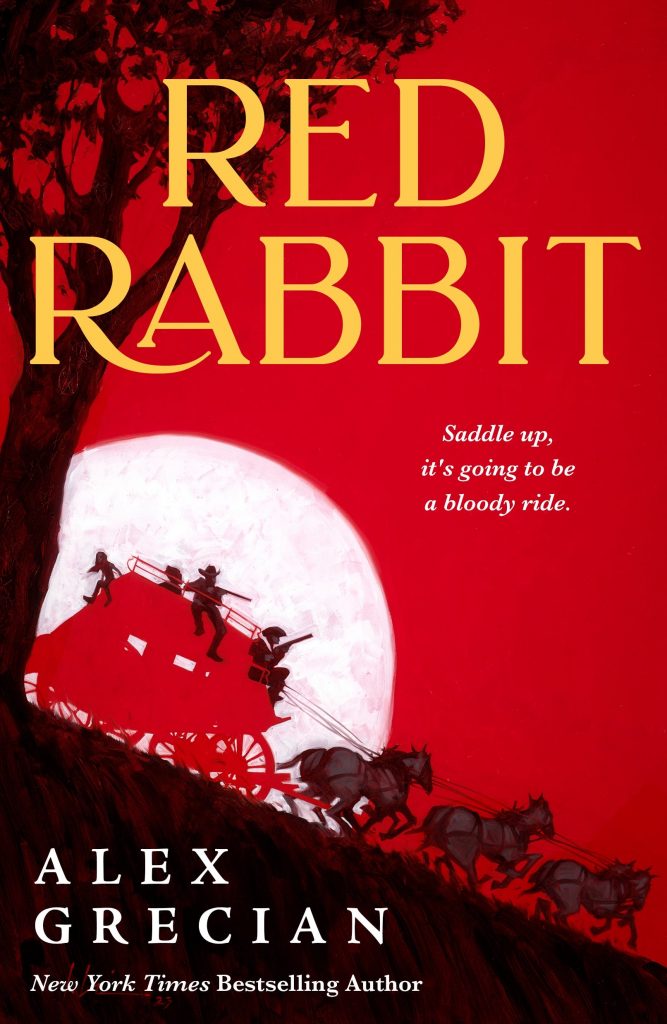
Red Rabbit by Alex Grecian – not so much a weird western as more of a western with supernatural elements? I’m almost tempted to call it a period urban fantasy, if that makes sense? Whatever you want to call it, it’s a beautiful slow-burn of a book about an odd mix of characters who end up traveling cross-country to kill a witch. There’s still a few weeks left, but this is one of my favorite things I read this year.
Cult Classic by Stephen Blackmoore – very possibly the last Eric Carter book, but damn does Stephen stick the landing on this one. The recently-resurrected Carter is trying to deal with his reputation as one of the most powerful/dangerous mages in the country, a rookie cop with a rare magical knack, magical timeslips, and an actual Oracle who can see the future. I’ve been telling you to read these books for years, and if you’re shopping for one of those people who won’t start a series until it’s done… well, now’s the time to give them a big block of urban fantasy.
The Ghost Job by Greg van Eekhout– A freakin’ adorable YA tale of a team of dead kids who pull heists for various magical relics and artifacts. I heard Greg talk about this a year or so back and was hooked then. In all fairness, as I write this I’m not quite halfway through, but I’m loving it so far and Greg has a pretty solid track record, as far as I’m concerned (see also: Fenris & Mott), so I think you should just go for it and pick this up.
And that’s all of them from this year. Do you have any suggestions of your own? Drop ’em in the comments, please! Other than that… yeah, that’s all I’ve got for you.
Well, I mean, there’s all my books, too. I’d never object if you want to give someone a nice hardcover of The Broken Room or a copy of Paradox Bound or The Fold for them to stick on their shelves. Heck, on a related note, I mentioned I’m signing at Dark Delicacies on December 9th, right? Order something from them now and I can sign it for you (or someone else) then. Just give them a call.
And finally, if all this talk about buying books as gifts is getting you a bit depressed for financial reasons, may I wave you back towards the Black Friday offer. Maybe we should talk.
Anyway, happy Cyber-Monday. Hope something here caught your eye…


